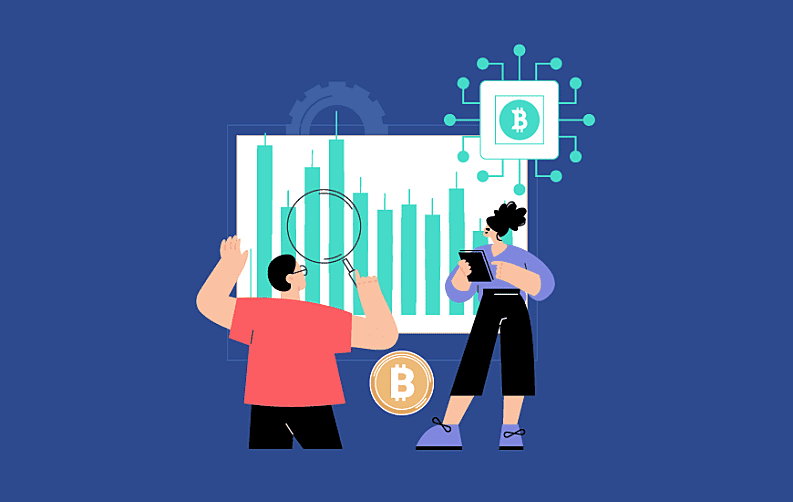
Blockchain, since the inception of the concept, has turned the world of virtual data storage entirely. From faster speed to enhanced cybersecurity and transparency, blockchain technology came like a boon for mankind. Industries such as fintech, banking, healthcare, sports, real estate, shares, etc., are rapidly building ecosystems dependent on blockchain technology.
Now, if you are one of such organizations that want to explore and build blockchain opportunities, you might want to take help from the list of blockchain platforms available at your fingertips.
In this blog, furthermore, we will discuss a few top blockchain platforms that can help you throughout your corporate affairs. But before we proceed to the list, let’s have a look at a few types of blockchain platforms that are popular in the global market.
Types of blockchain platforms
Best blockchain platforms are generally divided into four categories, depending on the usage requirements of their users.
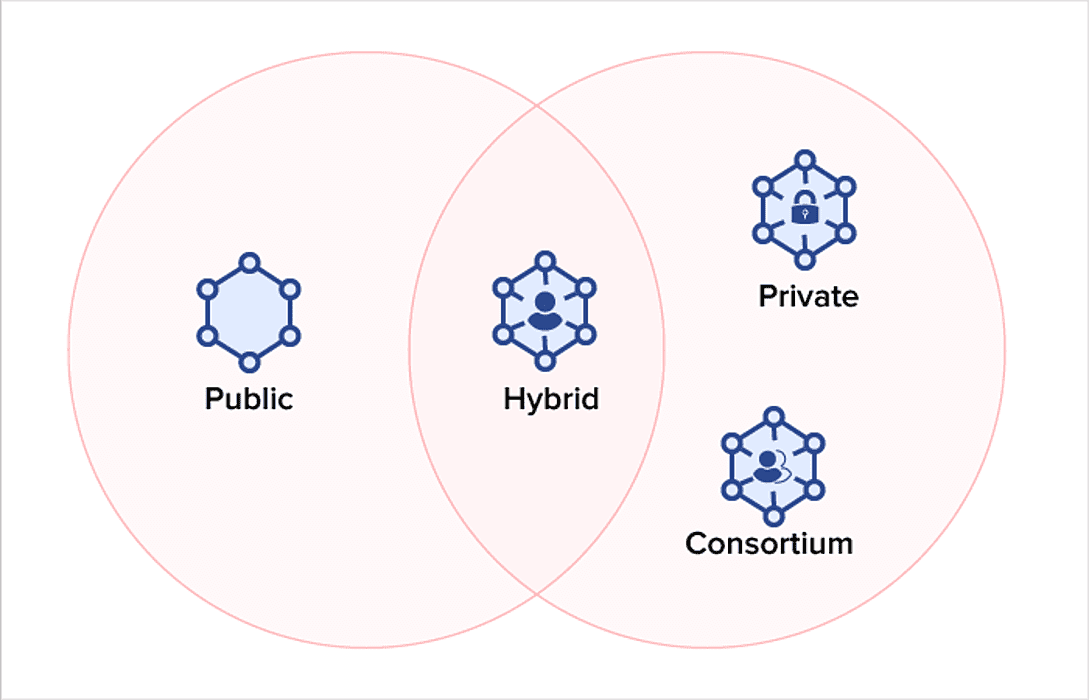
- Public blockchain platforms are the most common types of blockchain platforms you will come across. The platform is used and shared by the masses from all over the world. Cryptos like Bitcoin are the best examples of such blockchain platforms. However, public blockchains require a huge hardware infrastructure, and thus, they consume massive amounts of power.
- Private blockchain platforms are decentralized as well but they are built for an individual organization. Thus, the owner organization has control over such blockchain platforms. For security-sensitive organizations such as financial institutions or banks, a private blockchain is a popular choice.
- Hybrid blockchain platforms use characteristics of public and private blockchain. Organizations can establish such platforms to provide limited controls to their users over sharing the data. While private blockchain characteristics of the platform can be used by organizations to run business operations securely with limited authorizations and participation.
- Consortium blockchain platforms are used by two or more organizations to validate transactions, smart contracts, and more. Due to such blockchain platforms, international transaction approvals and other such activities have sped up within the last few years.
List of blockchain platforms existing in the modern markets
Each blockchain trading platform included in this list has its own usability. In this list, we are not making any blockchain platform comparisons. Instead, we are listing down key players in the blockchain platform segment and introducing you to their basic characteristics.
Also, the sequence of the list of these blockchain platform companies in no way refers to their popularity or ranking. So, you can pick any blockchain technologies you find suitable for your business requirements without thinking twice as all options listed here are the best in their own ways.
1. Ethereum
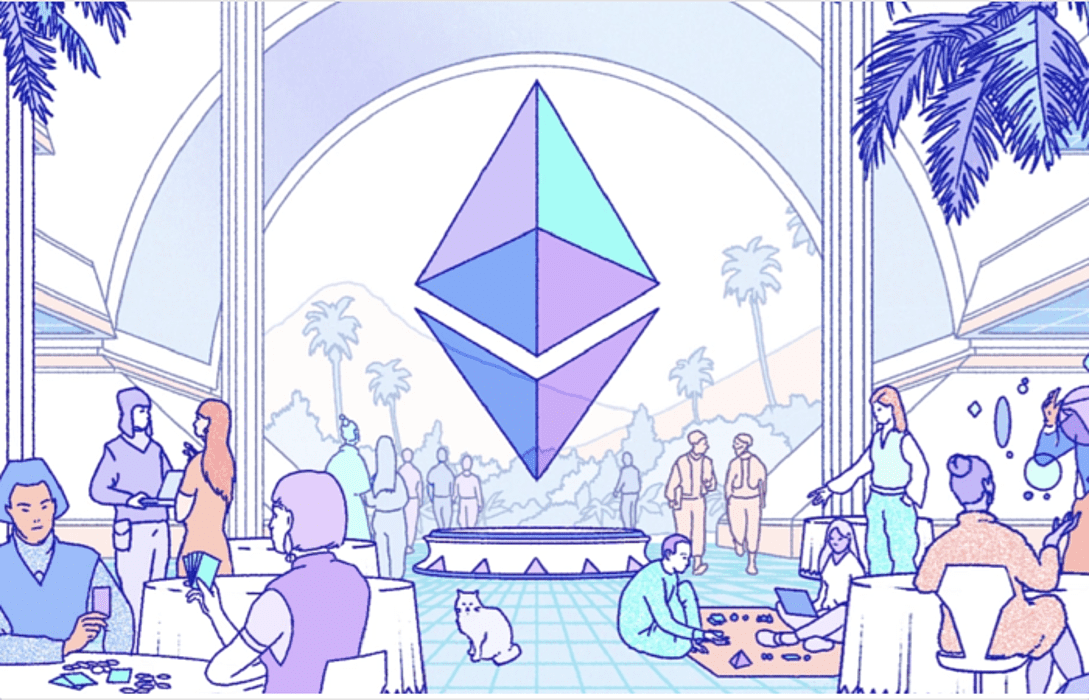
One of the leading and top blockchain platforms in terms of popularity and usability, Ethereum came into existence in 2013. Since then, it has become the fastest blockchain platform to support DApps and smart contracts. Ethereum is known for its scalability and smoothness that it offers to even massive scale of data transportation.
This fastest blockchain platform uses Proof-of-work (PoW) blockchain mechanism. At the moment, Ethereum also offers its own token that holds the position of being the second-largest crypto market cap across the globe.
Among all types of blockchain platforms supporting NFTs, Ethereum is the most popular choice among NFT traders due to its amazing capacity of offering speed and smoothness. The blockchain platform is also turning out to be a game-changer for the Metaverse providing it with a secured platform to empower the idea of normalizing NFTs.
2. Tezos
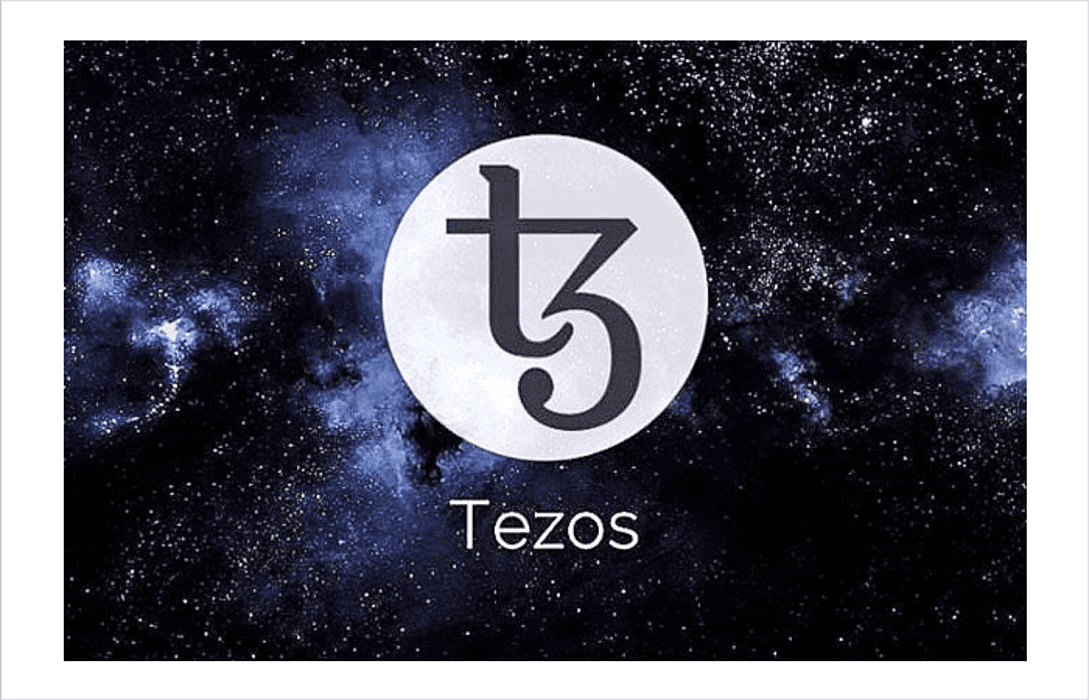
Another successful contestant in this list of best blockchain platforms, Tezos is quite young, yet very popular. This one of the top blockchain platforms in 2022 was launched in 2018.
The secret behind such popularity of Tezos is that it has proved itself as a successful alternative to Ethereum to support smart contract features. However, Tezos is known to be capable of evolving faster than Ethereum 2.0. Tezos is also expected to reduce the gas cost by 75% after the Delphi Upgrade.
3. Stellar

This key player in the list of blockchain platforms is known for its ability to approve faster transactions and detect suspicious transactions. Organizations are using Stellar in DeFi applications for activities such as international transactions, automated approvals, etc.
Stellar is a reliable blockchain platform that reduces the requirement of manual reviews and third-party approvals. Thus, the speed of financial settlements has improved in recent years for organizations that have already adopted Stellar.
Some banks like Philippines-based RCBC, Bank Busan of South Korea, and Brazil's Banco Bradesco are using Stellar blockchain technology for their financial operations.
4. Ripple
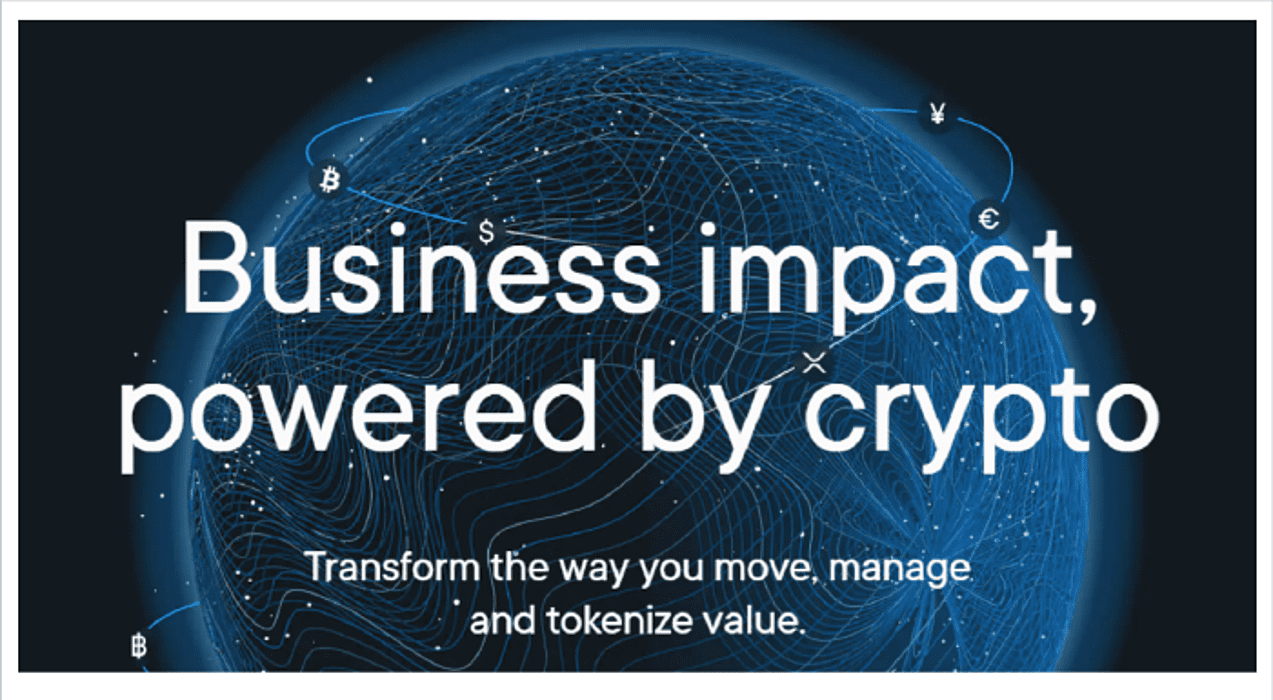
One of the best blockchain platforms, Ripple is famous for its ability to process transactions and conversions super fast. The blockchain platform also has its own tokens called XRP. Ripple is energy efficient and converts currencies such as Euros, USD, Yen, etc quite fast.
The platform also supports faster conversion of cryptocurrencies like Bitcoin. So, as you might have figured out already, Ripple is a popular pick in the financial sector across the globe.
5. EOS.IO
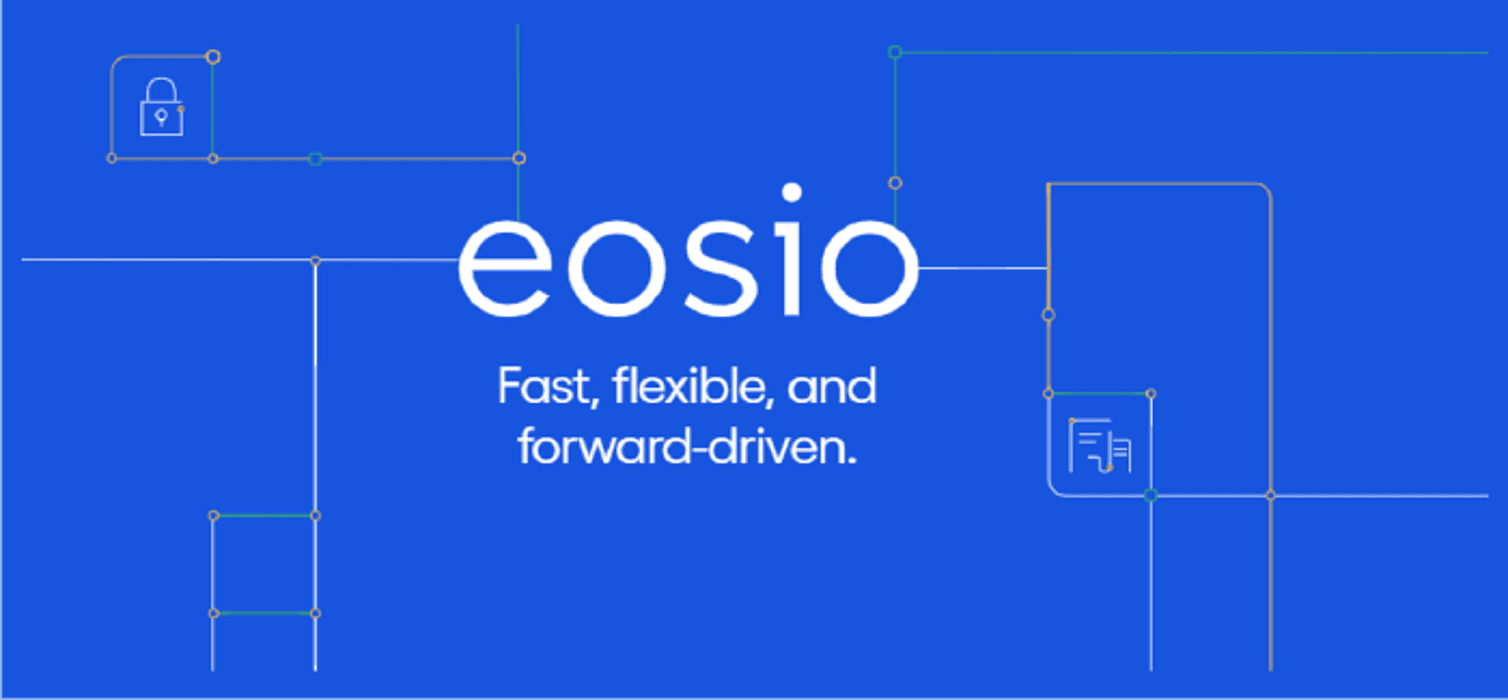
Top blockchain companies prefer EOS.IO due to its ability to eliminate transaction fees. The platform also claims to process millions of transactions per second. Initially, EOS.IO was released in 2018. This EOS cryptocurrency-based blockchain platform uses Proof-of-Stake (PoS) algorithms to execute transactions at the lowest possible prices.
For small and mid-scale businesses, EOS.IO is quite an affordable option with more security and scalability compared to its many well-established competitors. EOS.IO also provides support for dApps, making it a suitable platform for multiple industries.
6. TRON
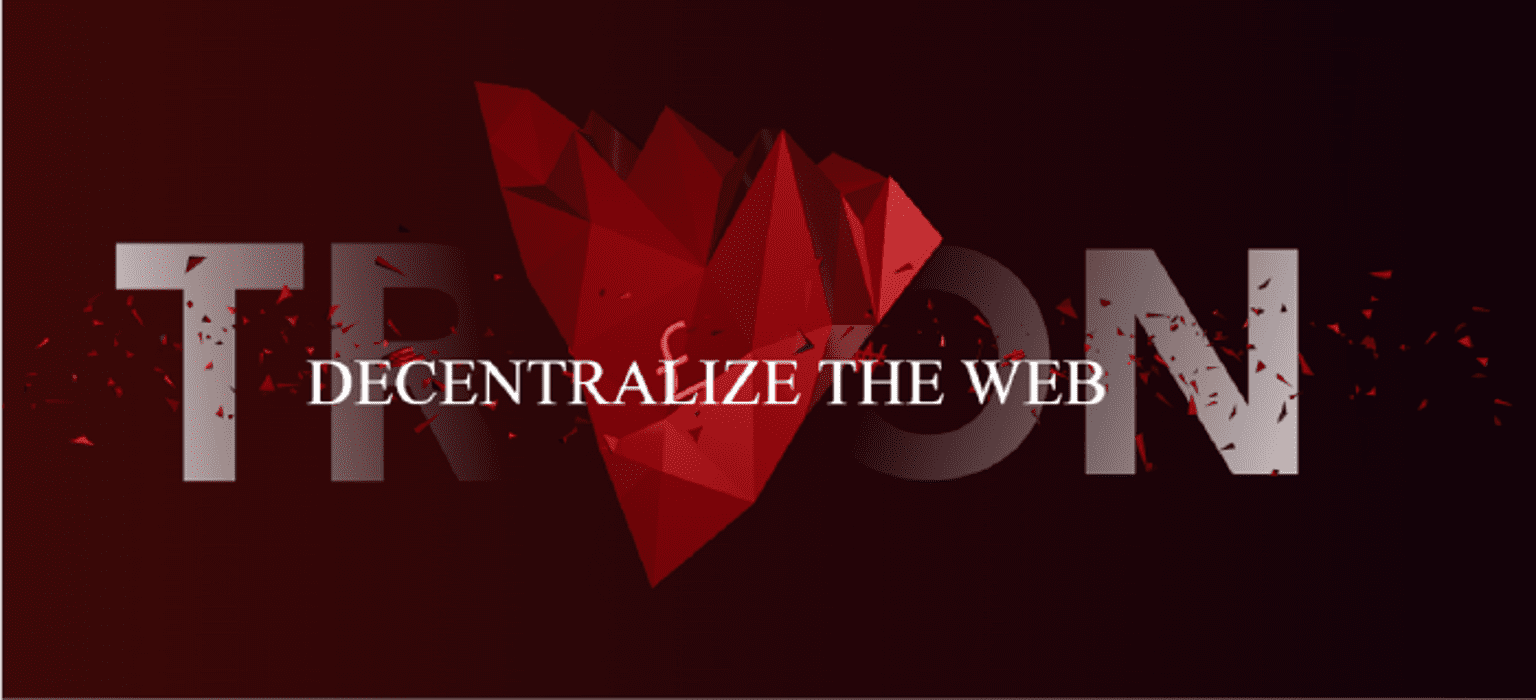
This blockchain platform also scores good points if you compare blockchain platforms that are new in the market. The highly-scalable platform is suitable for financial operations like smart contracts and faster transaction processing. Its transaction-per-second (TPS) speed is 2000. Also, transactions done on TRON are free from any fee. So, for enterprises of any size, this Delegated-Proof-of-Stake (DPoS) is a good choice.
7. IBM Blockchain
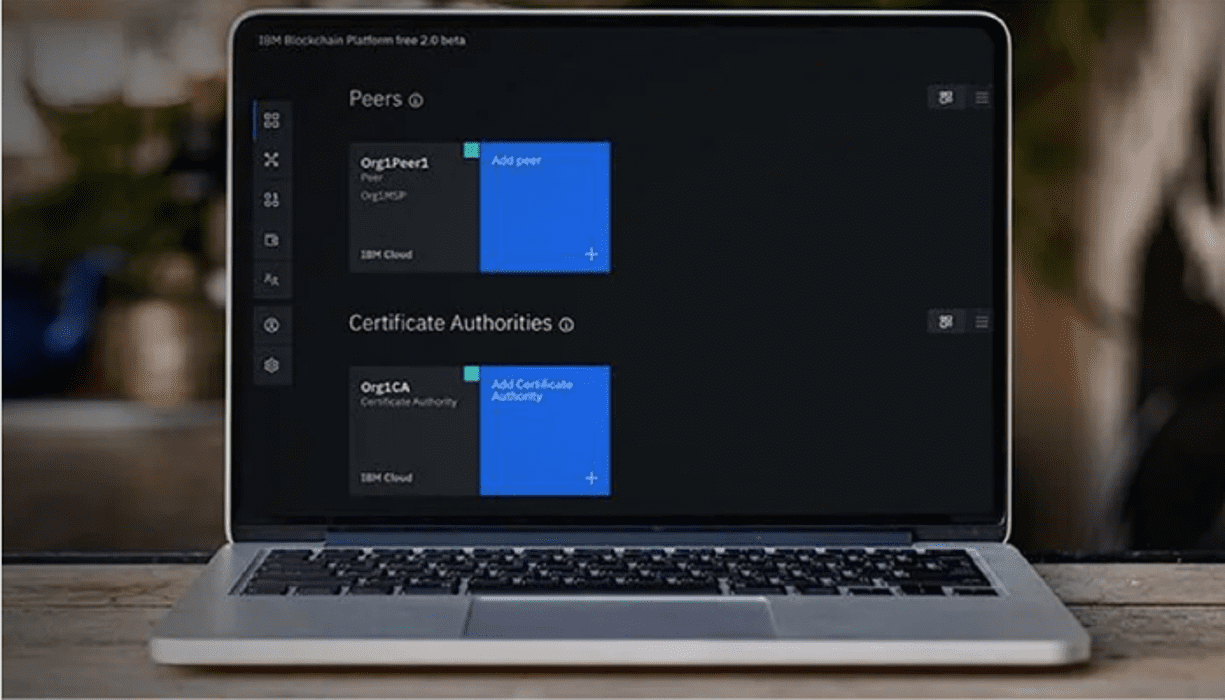
IBM is a reliable name in the global market for providing enterprise-level services. The company also provides blockchain platforms that are customizable, safe, and fast. IBM blockchain comes with features such as high customization, user-friendliness, and scalability. This fastest blockchain platform is designed to support smart contracts across multiple sectors including financial services, healthcare, the food industry, etc.
8. Hyperledger Fabric

The highly modular blockchain technology comes with the ability to allow plug and play of components, services, and consensus. The platform is also a sophisticated set of tools that allow users in building seamless applications for various industries. If you compare blockchain platforms, you will find Hyperledger Fabric is quite useful due to its ability to isolate transactions in channels faster. This feature of Hyperledger Fabric also improves the privacy factor. Multiple industries including fintech, healthcare, supply chain management, defense, etc can use Hyperledger Fabric as one of the fast and secured blockchain technologies.
9. R3 Corda

Suitable as a blockchain for the fintech industry, Corda provides CorDapp to be linked with only legal identities for an extra layer of protection. Its ability to provide a single and mutual membership enables Corda a strong security layer for financial transactions and smart contracts. Some industry leaders like HSBC, Intel, Microsoft, and Bank of America have already found ways of leveraging Corda’s features for their day-to-day operations.
10. Polkadot
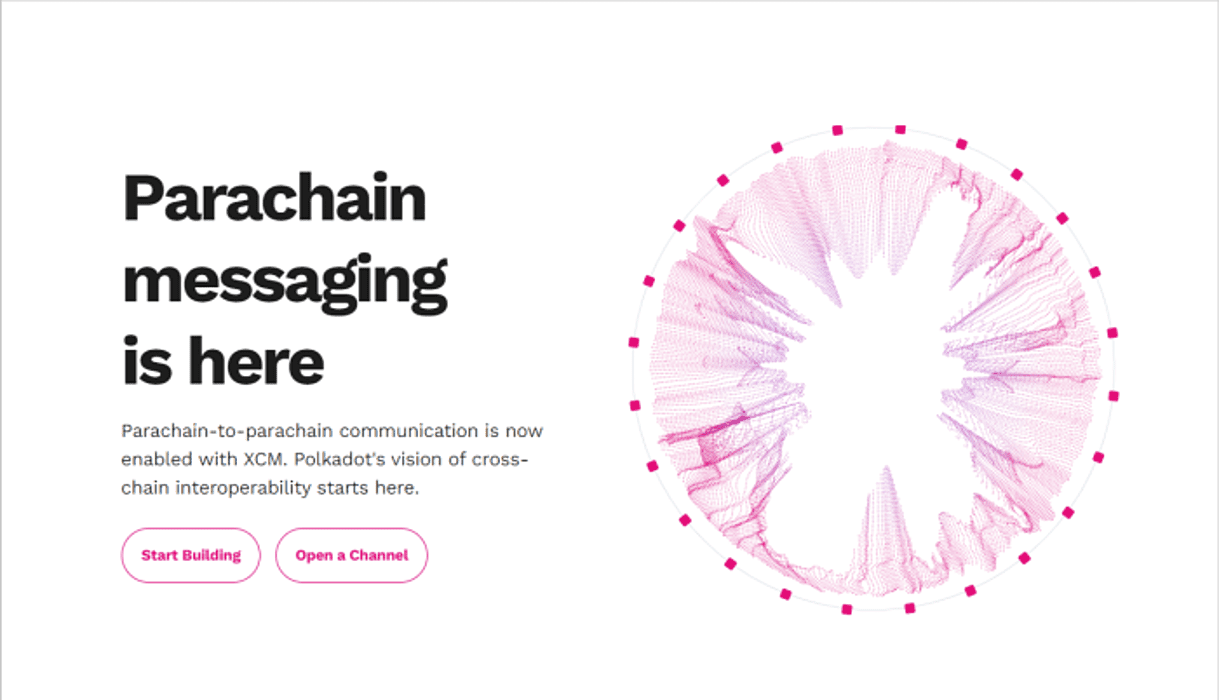
One of the leading open-source blockchain platforms, Polkadot was released in 2020. The blockchain platform enables a relationship between two or more organizations to securely process transactions and smart contracts without needing a third party for security monitoring or manual approvals. Polkadot also allows data or asset transfer between different blockchains and DApps.
Wrapping Up
Since the origin of the blockchain concept, it has seen many evolutionary stages. However, if you ask experts from top blockchain development companies, you will know we are still far from using the full potential of blockchain technology. Thus, even though we went through blockchain platform comparisons to find out everything this technology can possibly do today, we still have untapped potential to explore.
One of the many examples that might become a normal blockchain trend is the reduced dependency of blockchain platforms on huge power resources. Blockchain has already become a very accessible technology for common users, but we certainly have to wait a little more to access it like we access cloud storage systems from anywhere at any time without demanding a huge scale of hardware configurations.
Anyway, as blockchain evolves, we will be here to inform you through regularly updated blockchain-related blogs. Meanwhile, do not forget to explore MobileAppDaily more to know more about other technologies such as cryptocurrencies, Metaverse, etc.
Frequently Asked Questions

By Sakshi Kaushik

Content Writer (B2B Editorial)
A passionate writer and tech lover, she strives to share her expertise with mobile app developers and fellow tech enthusiasts. During her moments away from the keyboard, she relishes delving into thriller narratives, immersing herself in diverse realms.












